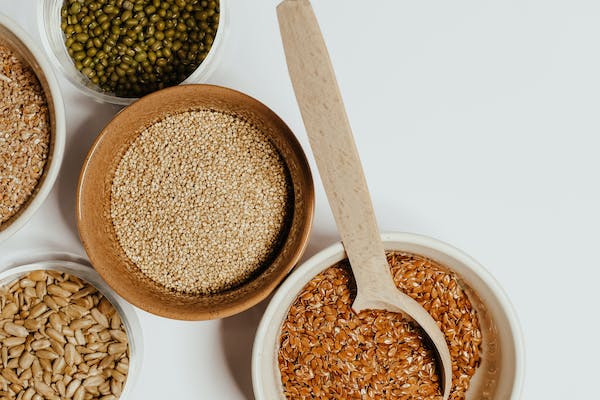Words: Team THINKWELLNESS360
What makes you appreciate the good taste of your chocolate ice-cream, or cherry cheesecake? It is zinc. Zinc allows you to savour the flavours of your food. Its deficiency may alter your taste.
Recent studies have shown that zinc can ease symptoms of the common cold. Subjects who consumed zinc lozenges, or syrup, within a few hours of the onset of the first sniffle, or sneeze, appeared to benefit from a reduction in the duration and severity of a cold [However, preliminary studies suggest that too many zinc lozenges were more likely to cause side-effects, such as nausea].
Zinc may also play a key role in reducing the risk of age-related macular degeneration [AMD], a condition that affects vision. Zinc works with an enzyme in the eyes that is essential to properly utilise vitamin A for good vision. Research suggests that zinc may help mobilise vitamin A. Zinc is necessary for the hair too.
Zinc is also evidenced to support blood sugar management, improve severe and inflammatory acne, and decrease heart disease risk. It is essential for maintaining prostate health and function too.
Adult men need 11mg of zinc daily. Women need 8mg daily. Vegetarians need 22mg. This is because phytates in grains and legumes, a staple of vegetarian diets, are said to bind with zinc. This impacts its absorption in the gut.
Food Sources
Whole grains, red meat, and seafood, are natural sources of zinc. So are germ and bran portion of grains. Refined grains, stripped of such components, have 80 per cent less zinc than whole grains.
The big point also is: consuming too much zinc can cause stomach pain, nausea, vomiting and diarrhoea. Likewise, 60mg of zinc daily has been shown to lower the level of copper in our body because of the competing interest for their absorption in the gut.
Zinc is a nutrient that we all need to stay healthy. Zinc helps our immune system to fight off invading bacteria and viruses. We need zinc to make proteins and DNA, the genetic material in all cells. Our body needs zinc to grow and develop properly in the mother’s womb and also during infancy and childhood. We need zinc to help heal wounds and injuries.
Recommended Dosage
- Birth to 6 months: 2mg
- Infants 7-12 months: 3mg
- Children 1-3 years: 3mg
- Children 4-8 years: 5mg
- Children 9-13 years: 8mg
- Teens 14-18 years [boys]: 11mg
- Teens 14-18 years [girls]: 9mg
- Adults [men]: 11mg
- Adults [women]: 8mg
- Pregnant women: 11mg
- Breastfeeding women: 12mg

